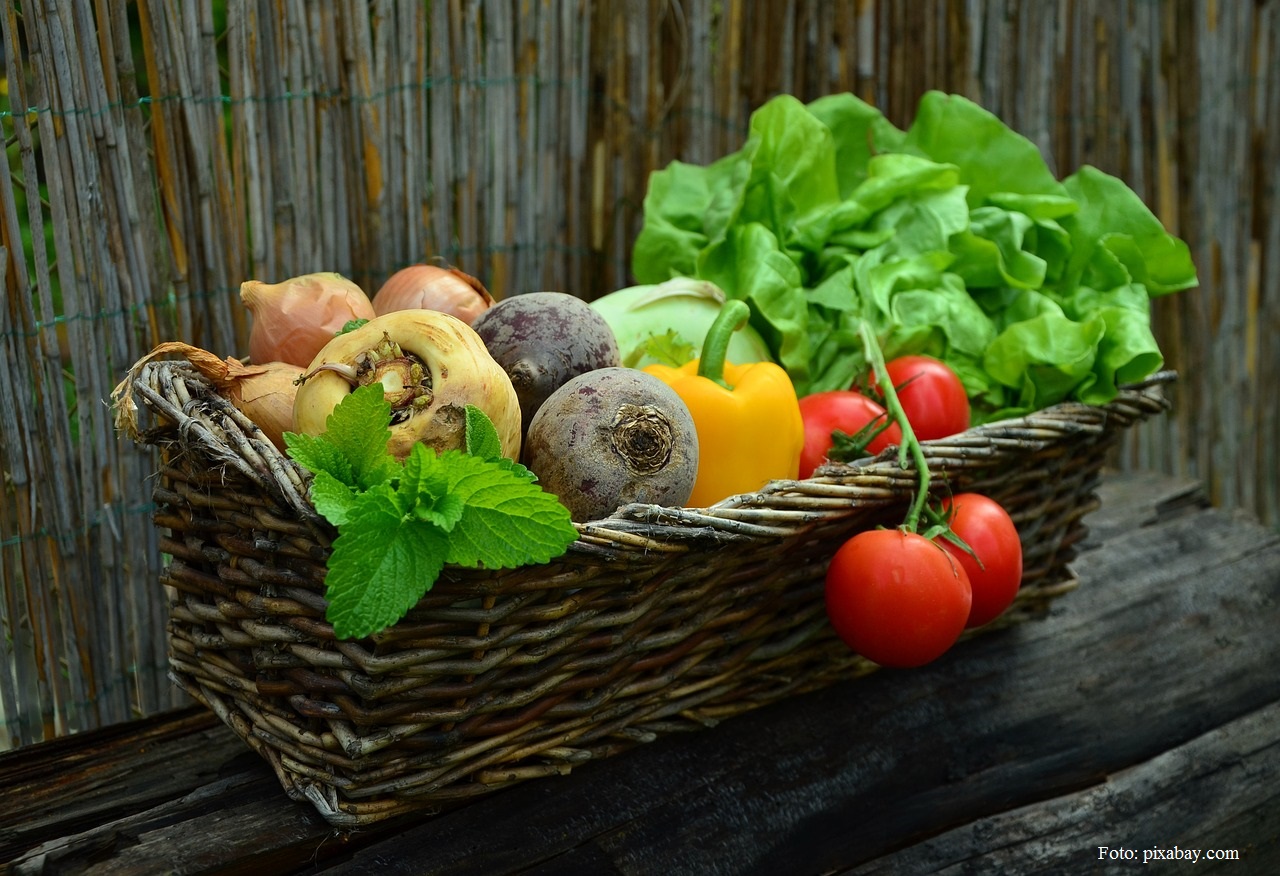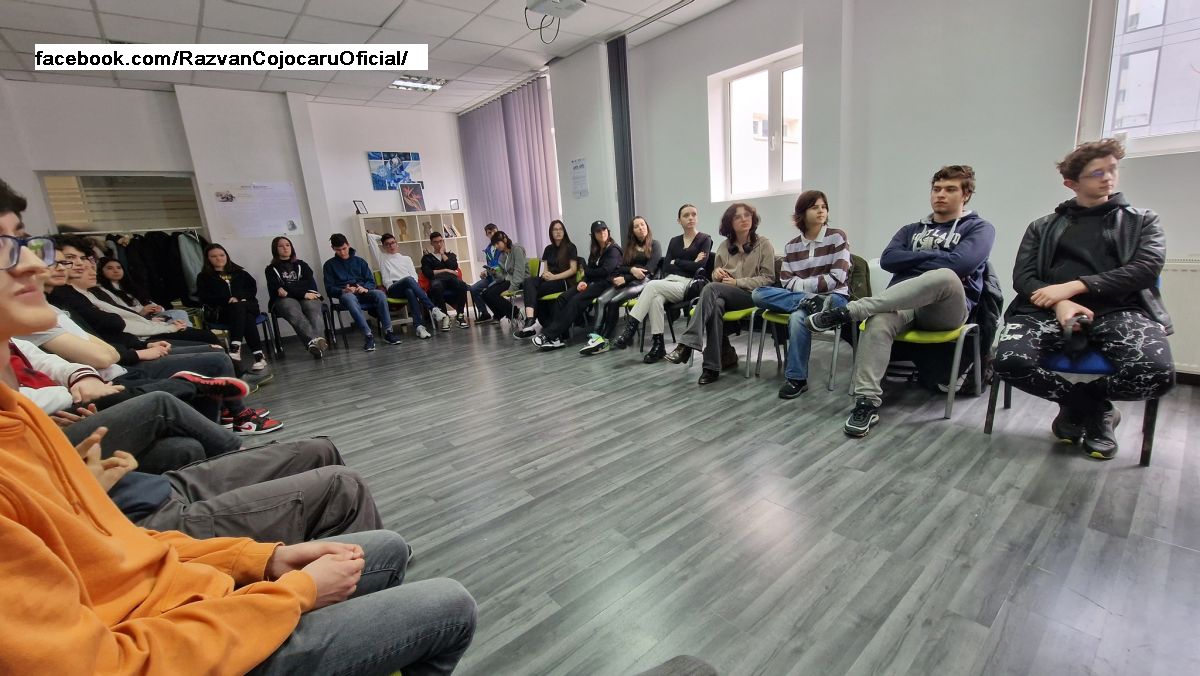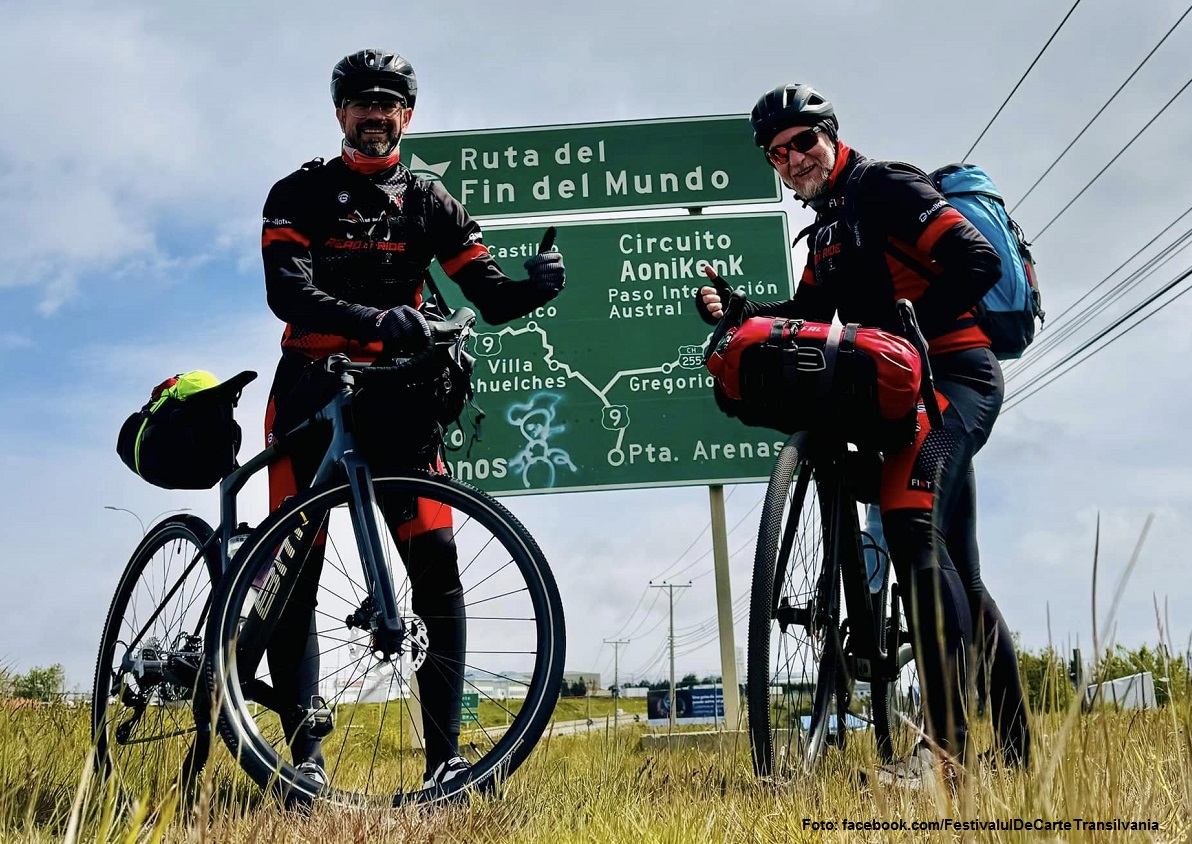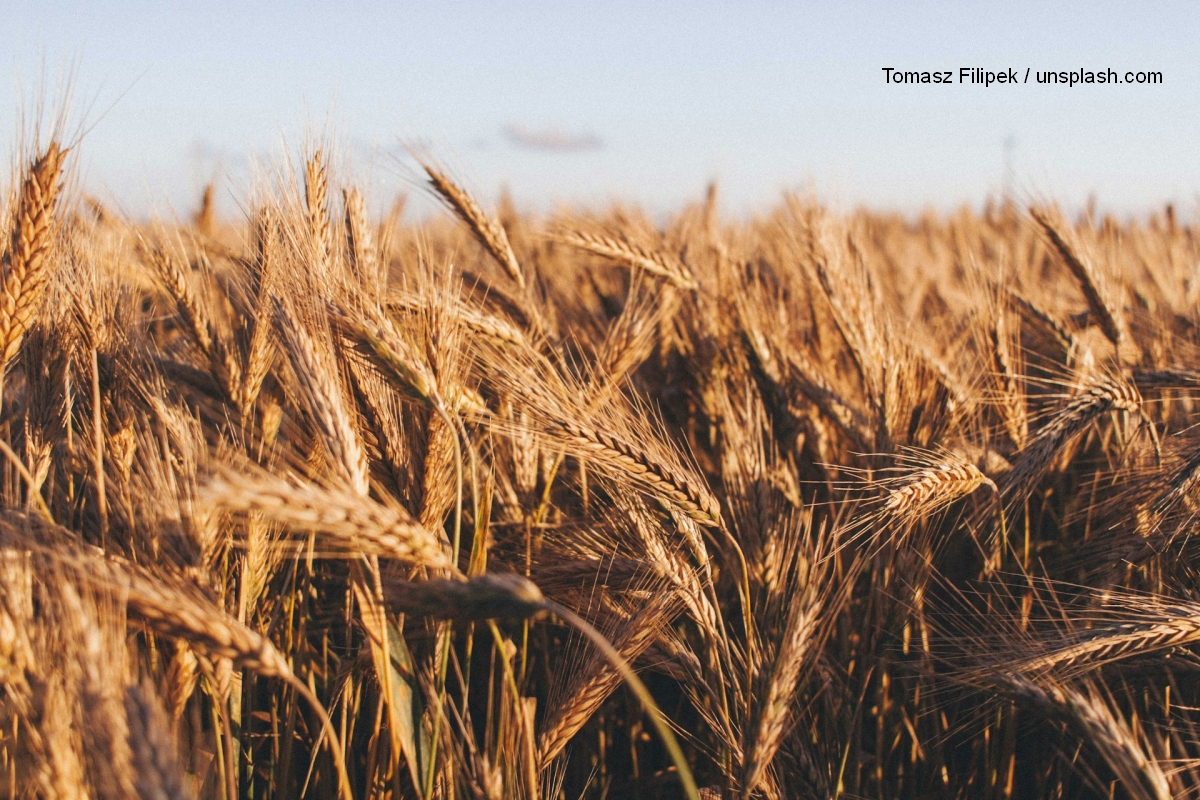Urban Camps
A very popular pastime for children in summer

Ana-Maria Cononovici, 18.06.2019, 14:00
It all started from Kurt Vonnegut’s
famous dictum – Science is magic that works. The idea of an urban camp
grounded on this statement turned out to be very appealing, so the organizers
set up a special area where children can conduct experiments and toy with
notions of physics, math, logic, ecology and others. The experiments make
abstract notions easier to understand. The area is structured in 8 sub-areas,
each having its own experiments in a certain field.
At a time where children are
increasingly inventive, holidays are getting longer and parents’ leave shorter,
urban camps are an engaging alternative to summertime activities.
We spoke about this concept to
Ana-Maria Roata Palade, the founder of the Procunoastere Association:
This is not our first edition. Ever since the
association was founded we wanted to bring children closer to science by means
of practical experiments. And since the summer holidays are sometimes a problem
for those without grandparents, we thought this might be a great idea so that
parents should mind their business carelessly, and children should try these
experiments. This is how the urban camps sprang into being.
Ana-Maria Roata Palade told us the
first two camps unfolded at the end of August 2016. The next year the
organizers held three camps, and last year there were four, because from one
year to the next the demand goes up. This year the organizers have prepared
five one-week urban camps.
With each new camp children engage in more experiments.
Each camp is different than the others, in the sense that one day is devoted to
physics experiments, the next to chemistry, biology, geography and so on. We
try to encourage children to innovate and invent all sorts of machines that
should observe the laws of science. Each camp comprises a maximum of 20
children, and there will be five series this year. Parents can sing up their
children via e-mail or telephone. We have an inner courtyard, where we try to
unfold some of our activities, in the morning programme and inside when the
weather does not allow it.
The inner space comprises over 80
items, each consisting in an experiment. Children have to move balls, match
items, touch and arrange objects, press buttons, spin mills and other
activities. The experiments are intuitive, and there is plenty of information
on what you have to do in order to understand the experiment. The starting idea
is that by watching, hearing, smelling and touching, you can actually have fun
too, also getting a taste of what science is all about. The purpose of the
experiments is to develop children’s motor skills and reasoning.
We’ve asked Ana-Maria Roata Palade
to describe a typical day at the urban camp.
Parents can bring in the children around 8 or 9 in the
morning, then we have a socializing period when children get to know each
other. Over 9 and 11 AM we have two series of experiments and games, then at 11
AM we have a fruit snack, followed by a new experiment. Lunch is around 12:30,
then we have another three series of different experiments. We try to combine
arts and science, so children do feeling and origami. These are activities
we’ve developed over the years, each camp had them. Feeling and origami encourage
children to develop their fine motor skills, which they sorely need. Then, at
2:30 PM we have an etiquette workshop, which we have been organizing jointly
with Manieres Association. These workshops are very fashionable right now.
Before they go home, from 4 to 5 PM we have theatre development games, which
the children adore. Every year the children are very happy when the time comes
to play with our friends from Carnaval Party. It’s always a fantastic activity
for them.
And since one of the mottos of the
organizers is Science solves a problem by creating another 10, children are
thus encouraged to spend an active summer while developing a taste for
scientific discovery.
(Translated by V. Palcu)






























